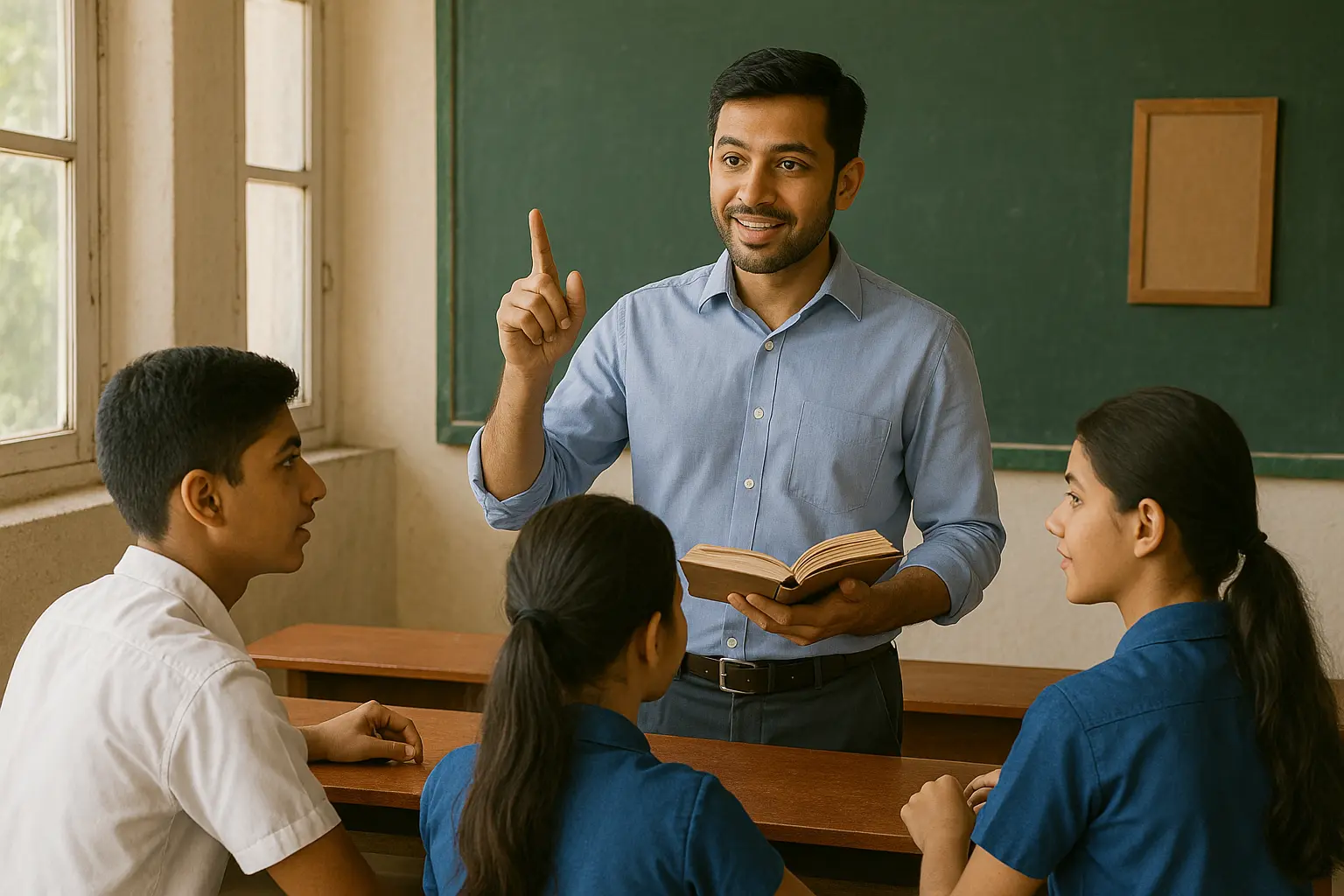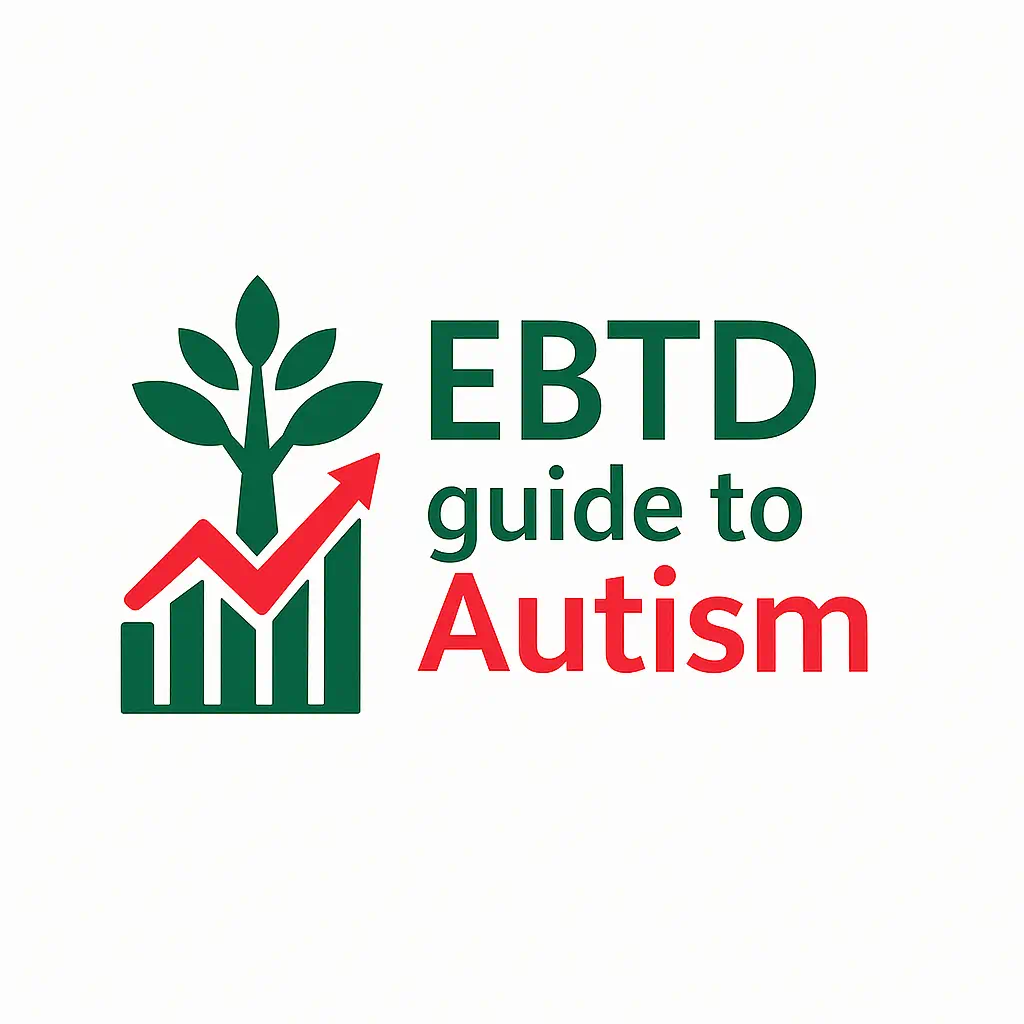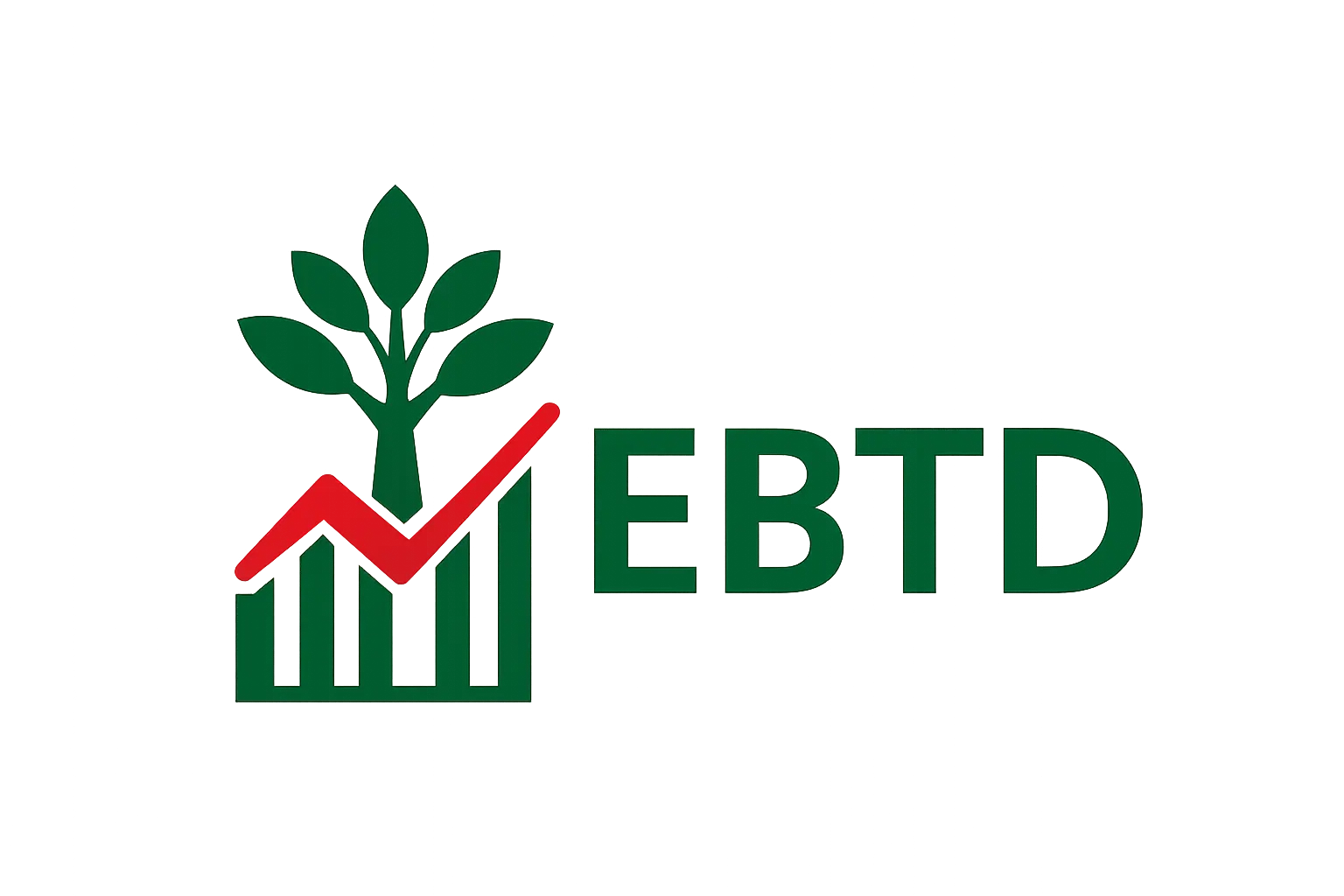
Teaching Strategies and Classroom Adaptation for Inclusive Teaching in Bangladesh (BD)
Practical strategies and low/no-cost adaptations so every learner can participate, think, and succeed — in large classes, mixed ability groups, and real Bangladeshi classrooms.

New free guide
EBTD Guide to Autism (Bangladesh BD)
Clear classroom-first strategies and ethical boundaries: teachers support; qualified clinicians diagnose. Designed for large classes and real school constraints.
Read the Autism guideInclusive teaching is about making classrooms work for every learner — regardless of ability, background, language, or prior attainment. This page curates high-quality resources and translates them into actionable routines, lesson moves, and environment tweaks for Bangladeshi schools. Use it to plan, teach, and review lessons so more students are on-task, learning, and contributing.
Professional note: These strategies support classroom practice and early identification; they do not replace clinical assessment or medical diagnosis. If you want autism-specific classroom guidance (with clear ethical boundaries), use the EBTD Guide to Autism (Bangladesh BD). Where screening suggests a need, refer to school leadership and relevant services.
Core Principles for High-Engagement Lessons
Universal Design for Learning (UDL)
Design lessons with multiple means of representation, engagement, and expression so all learners can access content and show what they know.
- Representation: Pair talk with visuals, dual-language word walls, worked examples.
- Engagement: Choice of task order, think-pair-share, brief movement breaks.
- Expression: Exit tickets (written or oral), mini-whiteboards, quick sketches.
Resource: CAST – UDL Guidelines
Explicit Teaching with Check-for-Understanding
Use short explanations and models; then pause for active checks (cold-call, mini-whiteboards, quick polls). Close gaps immediately with a brief reteach or peer explanation.
- Model → Guided practice → Independent try → Feedback loop.
- Embed retrieval practice (2–3 questions) every lesson.
Resource: I do, we do, you do (EBTD)
Structured Talk that Builds Thinking
Replace long teacher monologues with short, purposeful talk bursts: think-pair-share, “no-opt-out” cold calling, and sentence stems.
- Stems: “I noticed…”, “Because…”, “Another way…”, “I partially agree because…”
- Pair-rotations to ensure every student speaks each lesson.
Resource: Classroom Talk series (EBTD)
Formative Assessment & Feedback
Use exit tickets, hinge questions, and quick scans of work to adjust instruction. Feedback should be specific, actionable, and quick.
- 2–3 whole-class fixes before individual marking.
- Use exemplars and success criteria aligned to the task.
Resource: Guide to Better Assessment (EBTD)
Ten Low/No-Cost “Quick Wins” for Bangladeshi Classrooms
- Do-Now (3 minutes): Quiet start task linked to prior learning; check two answers aloud.
- Seating modes: Switch between Home (facing board) and Active (turn odd rows 180°) for discussion bursts.
- Talk stems on the wall: English and Bangla versions to scaffold participation.
- Mini-whiteboards / paper slates: Whole-class responses without calling names first.
- Worked example + “my turn”: Model one; students complete one, peer-check with a checklist.
- Choice boards: Same objective, different pathways (read-draw-explain / solve-check-teach).
- Timer discipline: Visible 2–4 minute timers for tasks; narrate transitions.
- Dual-coding: Pair keywords with icons or simple diagrams on the board.
- Exit ticket: One question to sample understanding and plan the next lesson.
- Consistent routines: Entry, materials, noise levels, talk signals.
Classroom Adaptations for Diverse Learning Needs
Literacy & Dyslexia
- Use clear fonts, larger line spacing, and chunked instructions.
- Offer text-to-speech and teacher read-aloud for key passages.
- Provide vocabulary previews and cloze notes.
Resource: BDA – Checklists & Guidance
Numeracy & Dyscalculia
- Concrete → pictorial → abstract sequence; number lines and manipulatives.
- Worked examples with error-spotting; step lists near the board.
Resource: Dyscalculia interventions (LearningSuccess.ai)
Attention & ADHD
- Short tasks, clear cues, movement breaks, and a quiet “focus space”.
- Give choices in output (oral, diagram, short written).
Resource: Understood.org – Teacher Resources
Autism / Communication
- Visual schedules, predictable routines, explicit teaching of transitions.
- Allow processing time; use concrete language and visuals.
- Sensory supports where possible (seating, noise reduction, clear calm-down routines).
Resource: EBTD Guide to Autism (Bangladesh BD)
Hearing
- Face learners when speaking; avoid talking while writing on the board.
- Write key vocabulary and instructions; check understanding visually.
- Seat learners to optimise sightlines; reduce background noise where possible.
Resource: NDCS – Deaf-friendly teaching
Vision
- High contrast materials; minimise glare and visual clutter.
- Describe what you point to; read key text aloud.
- Provide tactile/large-print alternatives where possible; keep layouts consistent.
Resource: Paths to Literacy – Vision strategies
Well-being & Behaviour
- Emotion check-ins, predictable consequences, and restorative conversations.
- Tiered supports: universal routines → targeted groups → referral.
Resource: CDC – Promoting Student Mental Health
High-Quality Toolkits & Courses
Inclusive Teaching Toolkit (University of Illinois Chicago)
A comprehensive guide to inclusive pedagogy with practical checklists for syllabus design, classroom community, accessibility, and culturally responsive teaching.
Explore the toolkit →Save the Children – Inclusive Education Toolkit
Internationally grounded resources for mainstreaming inclusion across early childhood and basic education, aligned with UNESCO, INEE, and USAID guidance.
Download the toolkit →UNESCO / UNICEF Online Training Package
Self-paced modules supporting inclusive, quality education in online and blended environments, with guidance for learners with disabilities.
Access training modules →Universal Design for Learning (UDL) Guidelines – CAST
A research-based framework for removing barriers to learning through multiple means of representation, engagement, and expression.
Read the UDL guidelines →Mental Health Action Guides – CDC
Evidence-based guidance using a tiered framework (universal, targeted, intensive) to promote student mental health in schools.
View the CDC guide →NAMI – Mental Health Advocacy in Schools
Advocacy resources showing how early identification and school-based services reduce barriers to care and improve long-term outcomes.
Explore advocacy resources →How This Page Helps Your School
- Engagement first: Replace passive listening with structured participation so more students think and speak.
- Equity by design: Plan UDL choices and adaptations up-front, not as afterthoughts.
- Evidence in action: Quick checks, short cycles, and data-informed reteach.
- Shared language: Common routines across classrooms improve behaviour and learning.
If you found this useful, join the EBTD newsletter for monthly, research-backed tips, free classroom tools, and updates on our training in Bangladesh—no spam, just what helps. Sign up to the newsletter and please share this page with colleagues or on your social channels so more teachers can benefit. Together we can improve outcomes and change lives.
